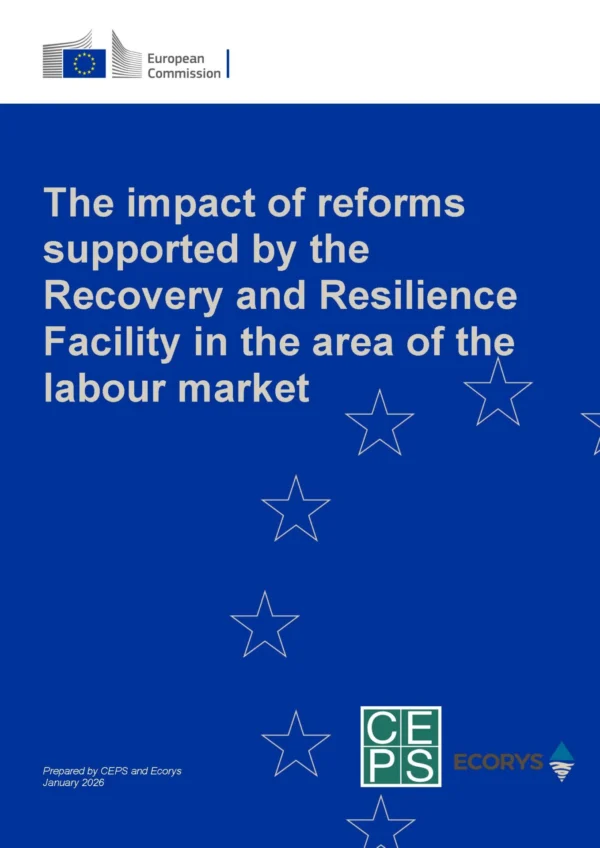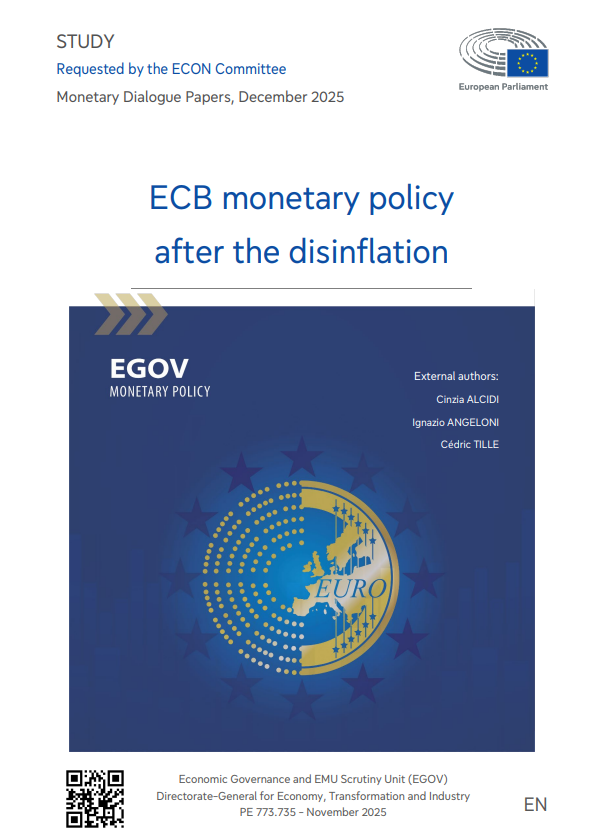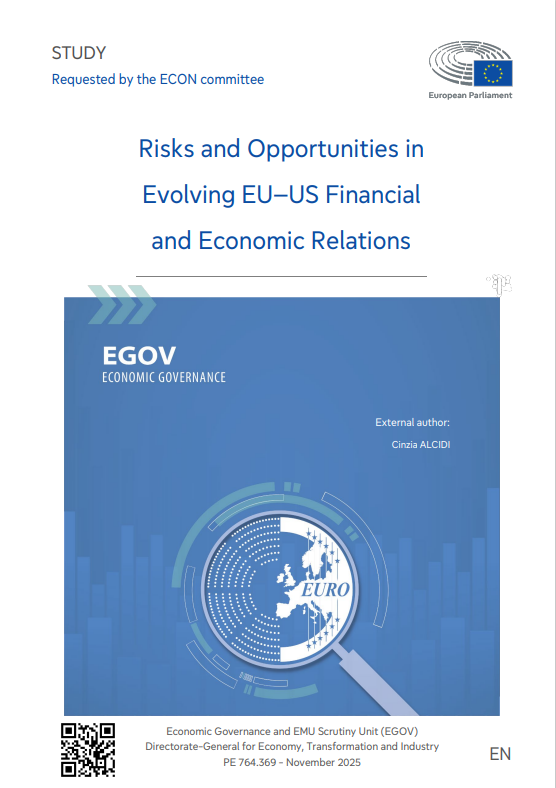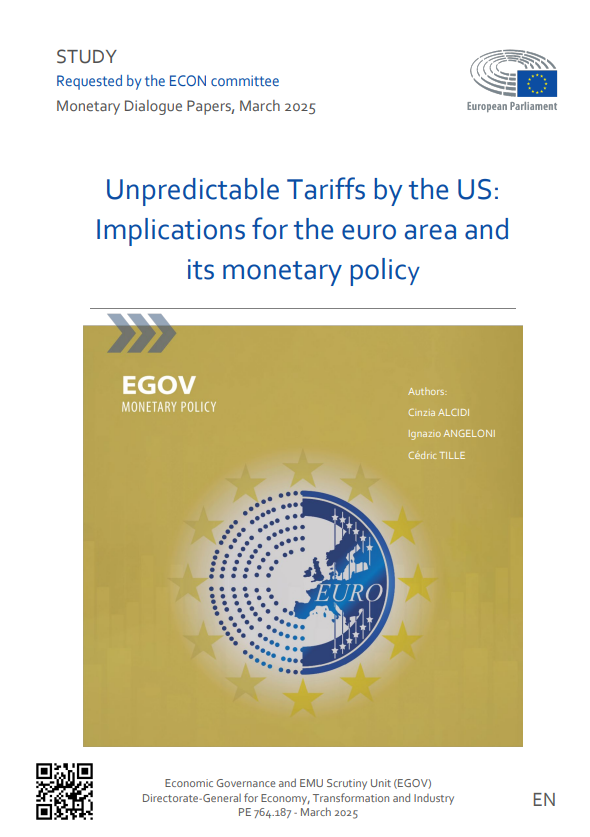Series: CEPS Special Report No 146 No of pp: 42 pp
Based on a combination of quantitative analysis and a qualitative forward-looking approach, this paper assesses both the state of play and the future capacity of the EMU to respond and adapt to asymmetric shocks. The objective is to provide a basis upon which to gauge the potential value added of a European Unemployment Benefit Scheme (EUBS), against the background of the recent plans for the Banking Union, the Capital Markets Union and the reform of the fiscal governance framework. We find that the capacity of the system to deal with asymmetric shocks (and in principle reduce their occurrence) is likely to increase due to these changes; but it will remain limited in the medium term and certainly lower than in the US. We also argue that given the broad pro-cyclicality of fiscal policy, the idea that national policies alone can deal alone with asymmetric shocks is not realistic. Lastly, we maintain that an ex-ante fiscal insurance mechanism can provide some degree of income smoothing and is likely to catalyse market insurance. Fiscal and market insurance can reduce the role of credit and borrowing, which until now has been the main channel for shock absorption in the euro area but also the least effective in times of crisis. We conclude that, from a macroeconomic point of view, an EUBS is a useful tool to improve shock absorption capacity and is not mutually exclusive with market risk sharing.
Cinzia Alcidi is Head of the Economic Policy Unit and LUISS Research Fellow at CEPS. Gilles Thirion is a Researcher in the Economic Policy unit at CEPS.
This report was prepared in the context of a research project on “The Feasibility and Added Value of a European Unemployment Benefits Scheme”, commissioned by DG EMPL of the European Commission and carried out by a consortium of researchers led by CEPS. It is published by CEPS with the kind permission of the European Commission.










